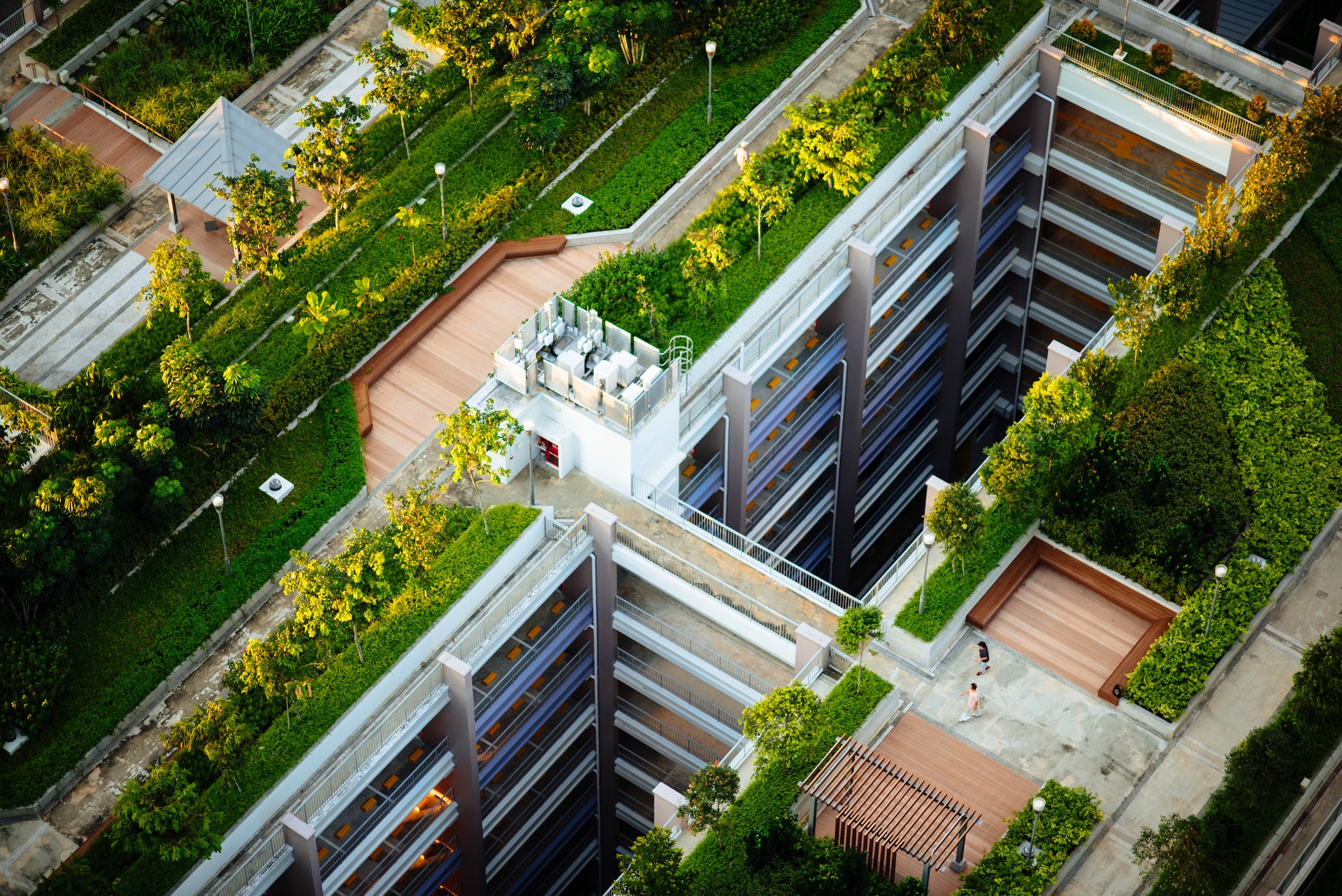Considerations When Getting Green Building Certification for Your Project

In a time when environmental consciousness is at its peak, constructing sustainable and eco-friendly buildings has become more than just a trend. It is an obligation and necessity for many. As developers and contractors, we have the power to make a positive impact on our planet through our construction projects. One way to demonstrate that commitment is by obtaining green building certification. Keep in mind that BREEAM Certification Checklist for Building Success is necessary to help you avoid issues, especially when dealing with sustainable buildings. Continue reading to understand why getting green building certification is worthwhile.

Why Get Green Building Certification?
Green building certification is more than just a badge of honor for your project. It’s a testament to your commitment to creating sustainable and energy-efficient buildings. By obtaining green building certification, you contribute to improving our environment and reap several benefits. Green building certification enhances the marketability and value of your project.
Having a certified green building sets you apart from the competition. Moreover, green buildings are known for their improved energy efficiency. These structures utilize advanced technologies, reducing energy consumption and lowering utility bills. They reduce operational expenses due to lower energy usage and may qualify you for tax incentives, rebates, and grants offered by governments or organizations supporting sustainable development initiatives. These financial incentives can offset some initial costs of implementing eco-friendly features into your project.
How to Choose the Right Certification for Your Project
Choosing the right certification for your green building project is crucial to ensure it meets the desired sustainability goals. Consider what aspects of sustainability are most important to you and align with your project’s objectives. Different certifications focus on various areas such as energy efficiency, water conservation, indoor air quality, or material sourcing. Understanding your priorities will guide you in selecting a certification that addresses your needs.Research and evaluate the credibility and recognition of different certifications within the industry.
Look for certifications with well-established standards and widely recognized by professionals in the field. This ensures that your certified building will be valued and respected by stakeholders such as tenants or investors. Additionally, consider the cost associated with obtaining and maintaining a particular certification. Some certifications may require significant financial investment in registration fees, documentation preparation, or third-party assessments. It’s essential to weigh these costs against the benefits provided by each certification option.
Conclusion
Sustainability and environmental consciousness are becoming increasingly important; green building certification is valuable for any construction project. Whether building a residential home or a large commercial complex, obtaining green building certification can offer numerous benefits. From reducing the carbon footprint of your project to improving energy efficiency and indoor air quality, green building practices have become synonymous with responsible construction. Not only does it benefit the environment, but it also enhances the health and well-being of occupants.


